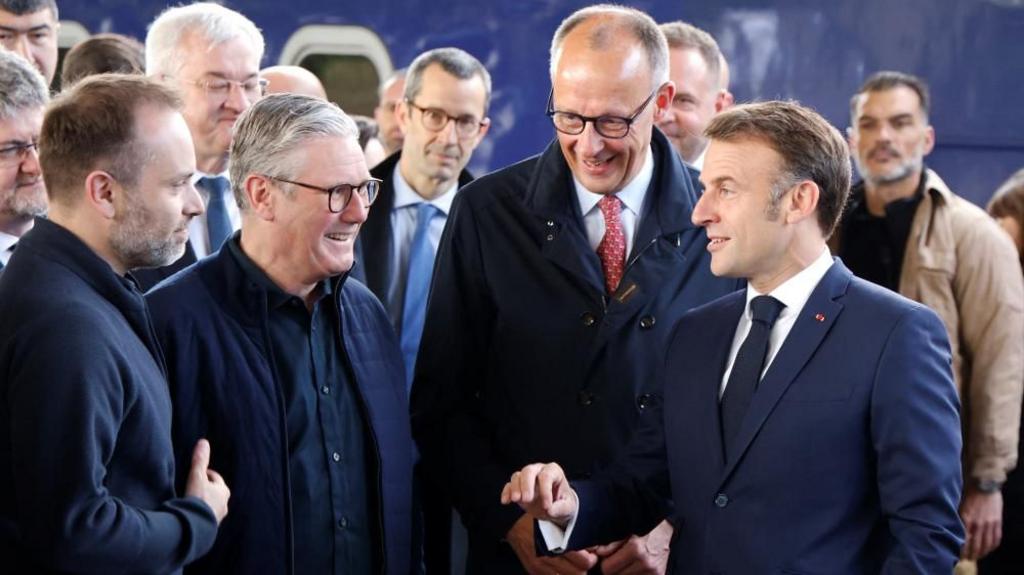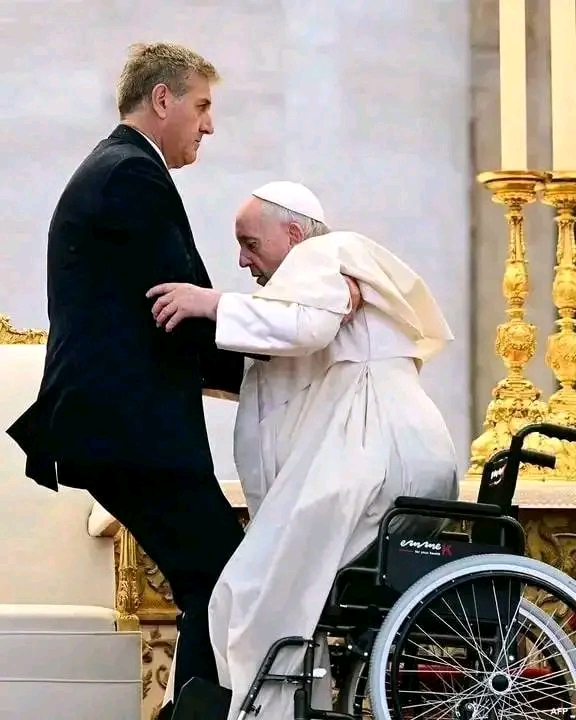By Burnett Munthali
Prime Minister Keir Starmer has made a bold and urgent appeal to Russian President Vladimir Putin, calling for an immediate and unconditional 30-day ceasefire in the ongoing conflict.
Speaking in unity with the United States and other international partners, Starmer declared, “All of us here, together with the US, are calling Putin out.”
This powerful statement underscores a growing international consensus that the humanitarian toll of the conflict has reached an unacceptable level and demands urgent intervention.
Starmer’s remarks come at a critical juncture as the war continues to claim lives, displace civilians, and destabilize the global geopolitical landscape.
The United Kingdom, under Starmer’s leadership, is positioning itself as a key diplomatic voice in the international community, championing peace and humanitarian relief.
A 30-day ceasefire, Starmer emphasized, would provide a crucial window to deliver aid to civilians trapped in war zones, facilitate medical access, and open pathways to further diplomatic engagement.
While the details of the proposed ceasefire remain under discussion, the call for it to be unconditional signifies a demand for Putin to halt hostilities without expecting immediate concessions in return.
This move places the moral and diplomatic burden squarely on Russia, challenging President Putin to demonstrate a commitment to peace and international law.
The United States has echoed Starmer’s call, with high-ranking officials expressing support for a temporary truce aimed at easing the suffering of innocent civilians.
So far, Moscow’s official response to the ceasefire proposal remains unclear, but analysts suggest that international pressure is mounting, especially as Russia faces renewed scrutiny over its military actions.
Starmer’s appeal is not merely rhetorical—it reflects the broader urgency felt by leaders worldwide who are witnessing the protracted devastation with growing alarm.
Observers note that a unified Western front, combining voices from Europe and America, may carry more weight in influencing Putin’s strategic calculations.
However, critics remain cautious, pointing out that previous ceasefire efforts have either failed to materialize or collapsed shortly after being agreed upon.
Despite the risks of disappointment, Starmer insists that diplomacy must remain the primary tool in addressing global conflicts, particularly when civilian lives are at stake.
The Prime Minister’s statement also reinforces the UK’s commitment to upholding international norms, even as it navigates its own post-Brexit foreign policy identity.
If successful, the proposed ceasefire could mark a turning point in the conflict, reducing violence and creating momentum for a broader peace process.
On the other hand, if rejected, it would further expose the intransigence of the Russian leadership and deepen its isolation on the world stage.
In the meantime, diplomatic channels remain active, and the world continues to watch for any sign that Russia will heed the call for restraint.
The coming days will be pivotal in determining whether Starmer’s call translates into action or becomes another footnote in the long saga of failed peace attempts.
But what remains clear is that the demand for peace is growing louder—and Keir Starmer, alongside global allies, is determined to keep it at the forefront.



